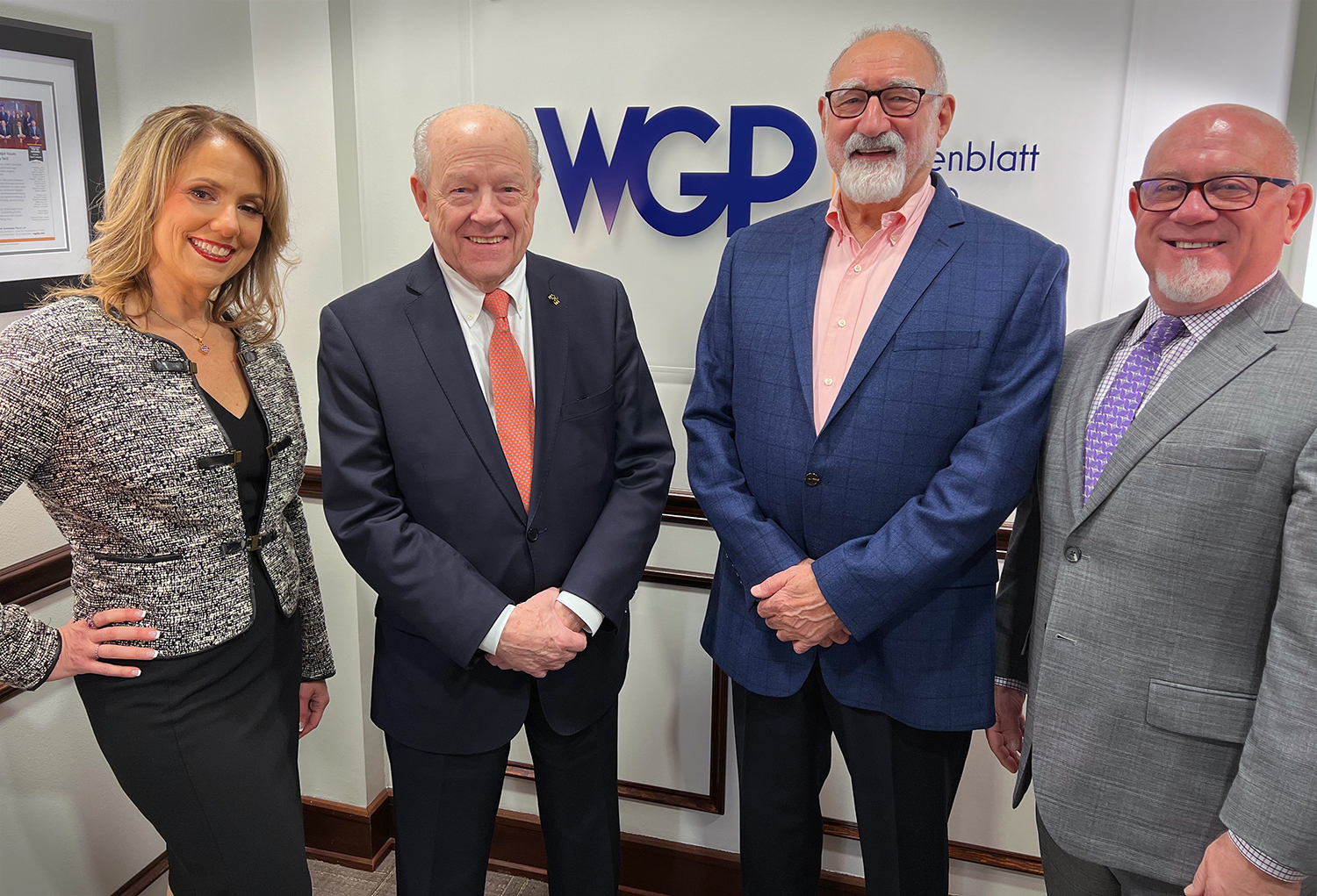 Four year old Marissa really needed a preschool. Her mother, Evelyn, was struggling with intensive treatment for breast cancer and her father had a chronic, progressive disease that required him to use a wheelchair. But Marissa was full of life and ready to get going on her education. She wanted to start preschool, but her low income family could not pay for it themselves. Fortunately, Marissa got into a publicly funded Head Start prekindergarten program sponsored by her public school district. After starting in September she had a fabulous three months. She practically jumped out of her skin with excitement every morning as her grandmother, Helena, helped her get ready for school. Then she began her school day enjoying a federally funded breakfast with her classmates. Afterwards she zipped through a full day of learning and play. Once a week she met with a speech and language therapist to get help with her speech disability.
Four year old Marissa really needed a preschool. Her mother, Evelyn, was struggling with intensive treatment for breast cancer and her father had a chronic, progressive disease that required him to use a wheelchair. But Marissa was full of life and ready to get going on her education. She wanted to start preschool, but her low income family could not pay for it themselves. Fortunately, Marissa got into a publicly funded Head Start prekindergarten program sponsored by her public school district. After starting in September she had a fabulous three months. She practically jumped out of her skin with excitement every morning as her grandmother, Helena, helped her get ready for school. Then she began her school day enjoying a federally funded breakfast with her classmates. Afterwards she zipped through a full day of learning and play. Once a week she met with a speech and language therapist to get help with her speech disability.
Although this little family was struggling on many fronts, Marissa had 4 ½ days a week in a calm and happy world. Then in early December, Marissa fell ill and was admitted to the hospital, where she was diagnosed with type 1 diabetes. Despite her own health struggles, Mom Evelyn, along with Grandmother Helena and 15 year old big brother DeShaun, dived into Marissa’s diabetes regimen and quickly got her care under control. Their next step was getting Marissa back to school.
The week before Christmas, Helena took Marissa back to school, along with her diabetes supplies and instructions for her diabetes care. But the school said, sorry, Marissa can’t come back. There was only a part time nurse at the public elementary school building that housed Marissa’s Head Start pre-K, and Pennsylvania law does not allow teachers and staff to volunteer and be trained to inject insulin. The school told Marissa’s family that she could not return to school unless they hired a nurse themselves.
Paying for a nurse was out of the question. So, for months Marissa had to stay out of school because of their refusal to provide her with diabetes care. Helena and Evelyn tried everything they could think of. They called a local education advocacy group. They talked to their state representative. But they were told that nothing could be done. No one was able to help the family, and Marissa could not go back to school.
The family was tired, overwhelmed, and did not know if there was anything else they could do. Finally, a family friend suggested they contact the American Diabetes Association (ADA). Helena called 1-800 DIABETES, and was immediately put in touch with Association Legal Advocate Ben Eisenberg, a staff attorney in the Alexandria, Virginia main office.
Ben then connected the family with Alan L. Yatvin, who is a member of the ADA’s National Board of Directors and immediate past chair of Legal Advocacy for the ADA. He got right to work without any charge to the family. He reached out to the school district noting that Marissa had an absolute right to access public education. The school district had not considered any accommodation under federal laws, such as Section 504 of the Rehabilitation Act. These laws give children a right to access publicly funded education, even public preschools. He then asked for a quick meeting to address Marissa’s situation. Unfortunately, the district ignored Alan’s efforts to educate and negotiate with them, and Marissa continued to remain out of school.
At that point Alan filed a lawsuit in federal court, demanding that the school district immediately return Marissa to her class and provide her with diabetes care. After some stubborn resistance, the school district relented, agreeing to assign a full-time nurse to Marissa. Just weeks after being put in touch with Alan, Marissa finally returned to school, after nearly five months of exclusion. Sadly, her mom Evelyn lost her battle to breast cancer two weeks later.
Marissa and her family still face many challenges, but exclusion from school because of diabetes is not one of them. They can now focus on Marissa’s diabetes care, her adjustment to life in school, and moving forward into new opportunities. And they will always know that when nobody else was able to help, Alan and the American Diabetes Association were there to fight for fairness for Marissa and her family.
For more information on the rights of students with diabetes, check out the ADA’s Safe at School page. To support the American Diabetes Association’s programs, click this button:





